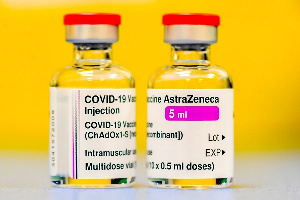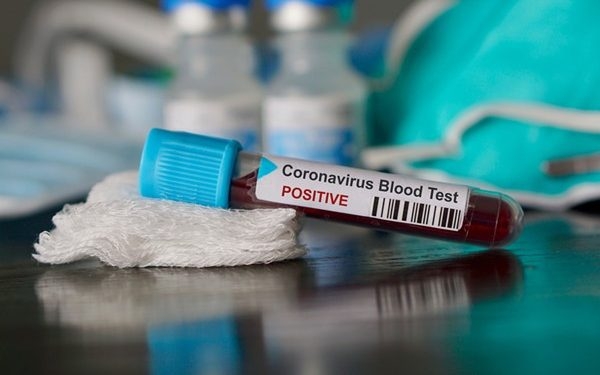Is grapefruit good for you? The superfood’s health benefits, explained.

Grapefruit is a vibrant citrus fruit perhaps best known for its tart, bittersweet flavor. In recent years, studies have backed the fruit’s health benefits. Grapefruit has a few unique qualities that make it a particularly nutritious fruit, and incorporating it into your diet can help boost your intake of vitamin C, potassium and fiber. These nutrients all play a part in keeping your immune and cardiovascular systems strong.
Grapefruit is known to interact with certain medications, making it important to consult your prescribing doctor before enjoying this fruit. We spoke with a registered dietitian to clarify these potential risks, and tell you everything you need to know about eating this nutrient-dense superfood.
Is grapefruit good for you?
Grapefruit is an excellent source of antioxidants, potassium and fiber, says Erin Palinski-Wade, RD, CDCES, a registered dietitian, author of “2-Day Diabetes Diet.” “The combination of nutrients found in grapefruit, as well as the low glycemic index, make it a really well rounded beneficial fruit to include,” she says.
Vitamin C and lycopene are two naturally-occurring antioxidants found in grapefruit. Vitamin C is an essential nutrient that supports the body’s healing process, according to Mayo Clinic. Lycopene possesses anti-inflammatory qualities, and there is a growing body of evidence to suggest that it has the potential to fight cancer.
Does grapefruit burn fat?
Potassium found in grapefruit can help moderate your blood pressure, promoting cardiovascular health, says Palinski-Wade. Because grapefruit is high in fiber, it can also help you feel more satiated, which may help you lose weight, according to Healthline.
In comparison to many other fruits, grapefruit is lower on the glycemic index scale, meaning that it has a lesser impact on your blood sugar levels, Palinski-Wade explains. For someone experiencing insulin resistance or type two diabetes, this is especially important, she adds.
Is grapefruit good for your skin?
Grapefruit is rich in water content, making it incredibly hydrating. “When we eat foods that are hydrating, as well as drinking enough water, it tends to make our skin more radiant and glowing,” Palinski-Wade explains.
As previously mentioned, grapefruit is packed with antioxidants. Studies have shown that Vitamin C skin is particularly effective at boosting the production and formation of collagen, and reducing the appearance of fine lines and wrinkles.
What happens to your body when you eat grapefruit every day?
The main concern surrounding grapefruit is its potential to interact with certain medications, some of which are commonly prescribed to treat high-blood pressure, depression and high cholesterol, per Healthline.
Is cranberry juice good for you?What experts want you to know
Studies have identified over 85 drugs in which patients experienced heightened side effects after eating grapefruit. During this interaction, grapefruit alters your metabolism and “ability to digest and process those medications,” says Palinski-Wade. Therefore, if you are taking medication, it’s important to speak with your doctor to check if it’s safe for you to add grapefruit to your diet.
If you have problems with your kidneys, it’s also best to steer clear of eating grapefruit, says Palinski-Wade. For people experiencing impaired kidney function, it’s often recommended to stay on a low-potassium diet. Naturally, grapefruit is one of the high-potassium fruits that you’ll want to avoid, she explains.
If you’re not taking medication and your kidneys are in check, there’s little to worry about. There’s no real limit on how often you should eat grapefruit, but generally speaking, “half a grapefruit a day could be a moderate intake that works well for most people,” she recommends.





